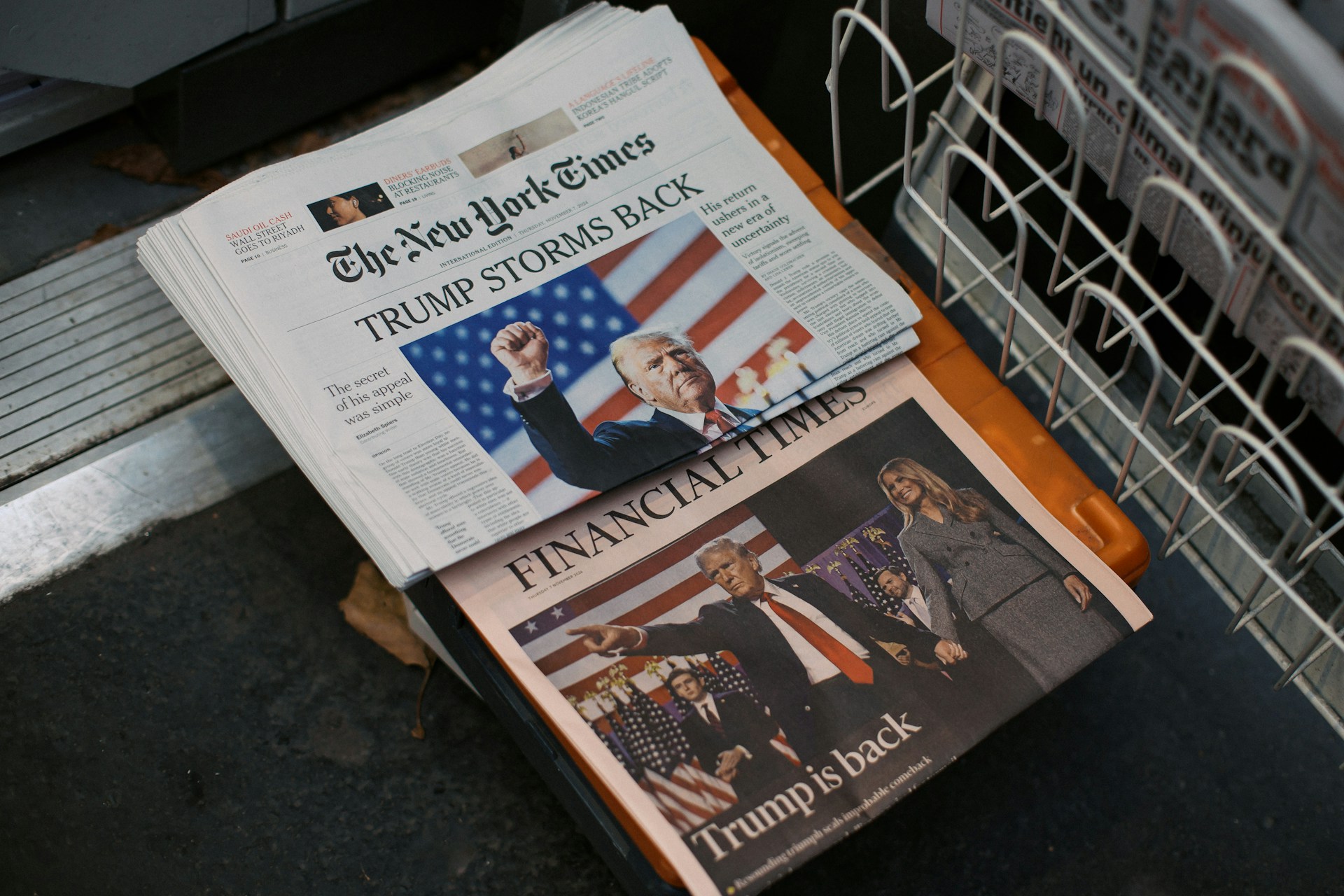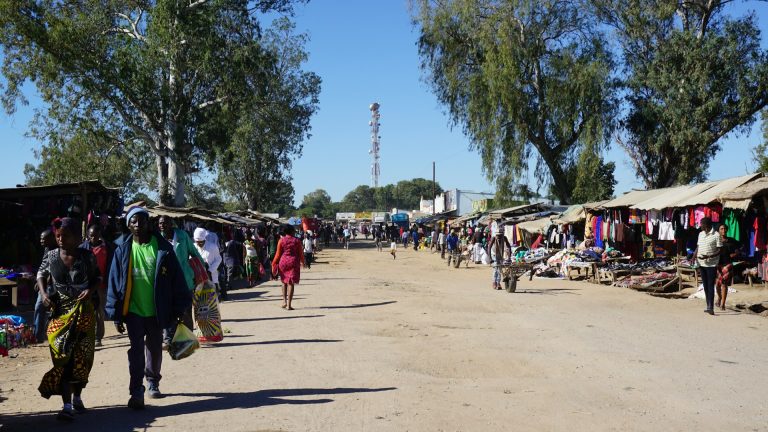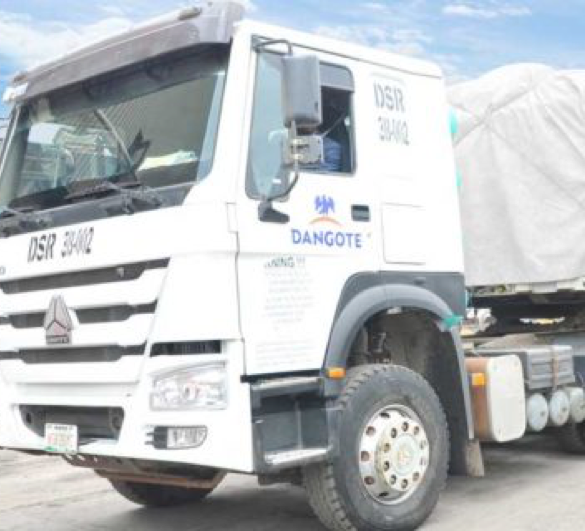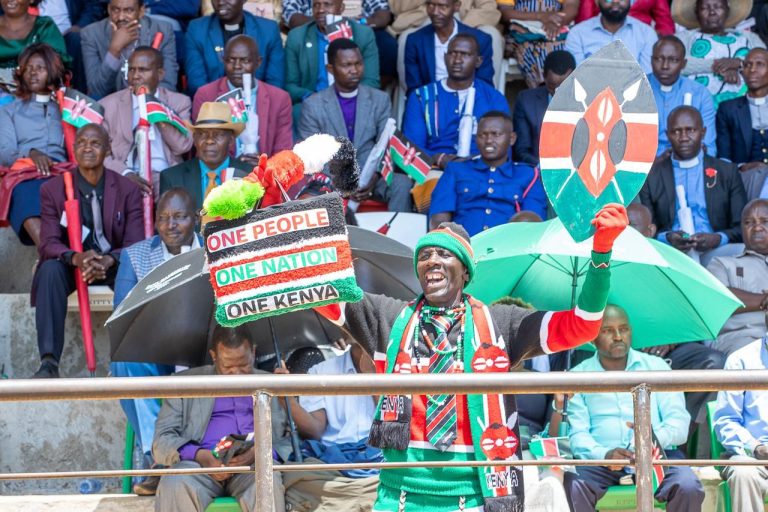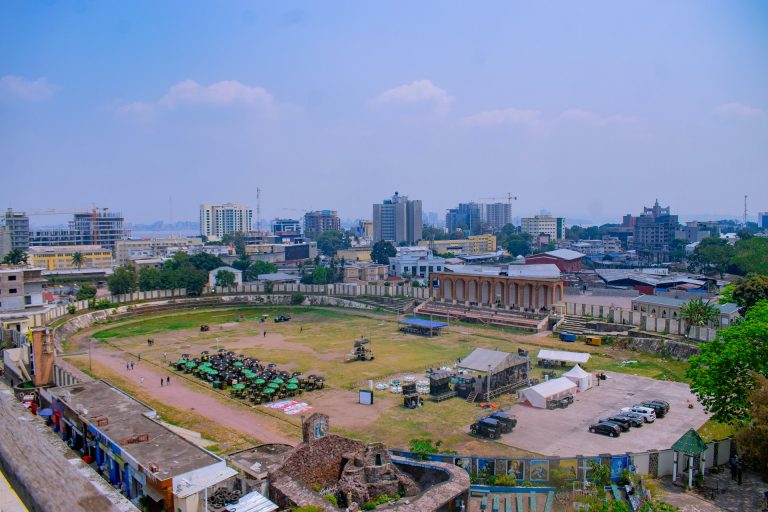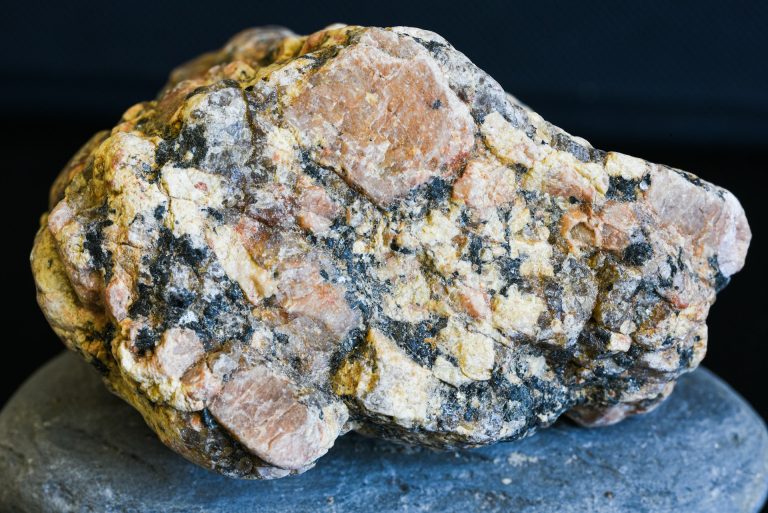An end to the Ukraine war could revive Africa’s grain, energy and security ties with Russia – and unlock fresh momentum in its commodity markets.
Africa, though often a distant observer in the Ukraine war, should follow closely efforts by US President Donald Trump to patch the broken relationship between Russia and Ukraine.
Ever since the war began, Africa’s economies have borne a disproportionate burden, and it could reap outsized benefits from peace.
Since February 2022, the war’s disruption of trade, particularly in food, fertiliser and energy, has strained Africa’s economies. The break in grain supplies from Russia and Ukraine triggered sharp price hikes for staple imports, pushing food insecurity and inflation higher in countries across the continent.
In Ethiopia, for instance, prior reliance on combined Russian and Ukrainian wheat declined drastically, compounding an already fragile food security situation .
Energy markets, too, were unsettled. While Africa imports relatively little fuel from Russia – just 2.9 % in 2019 – some individual countries like Burkina Faso and Senegal relied on as much as 20% of their fuel from Russia.
The war jolted prices upwards, hitting net importers hard, while net exporters gained fiscal windfalls – though these were uneven and volatility remained high.
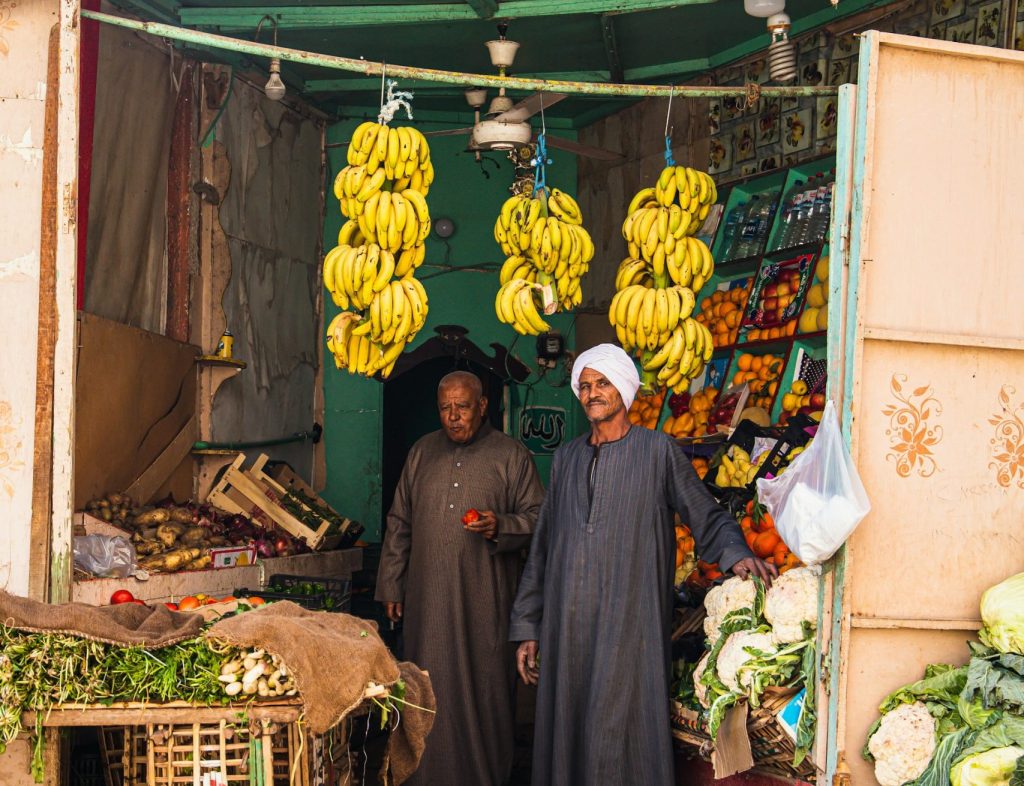
Frozen military ties, fractured security
Beyond commodities, the sanctions regime limiting Russia’s revenue streams has also constrained its military cooperation across Africa. Russia had become a principal arms supplier, accounting for 40% of Africa’s major weapons imports between 2018 and 2022. But Western sanctions and logistical constraints have disrupted this arms trade and the continuation of training and intelligence partnerships.
Nevertheless, Russian military footprint remains influential. The Moscow-controlled Africa Corps, successor to the Wagner Group, has continued arming and advising regimes in Mali, Niger and beyond – albeit at a slower and costlier pace under the shadow of sanctions .
Peace dividend: What Africa stands to gain
If the Trump–Putin meeting signals de-escalation, Africa could benefit across multiple fronts:
- Food and fertiliser relief: Renewed grain exports from Ukraine and Russia would lessen pressure on African markets. More affordable fertilisers would help revitalise agriculture and ease inflation in vulnerable economies.
- Energy stability and price relief: Relaxed sanctions might restore supply chains, enabling cheaper oil and refined fuel exports to African net importers, stabilising inflation and easing energy costs.
- Revival of military and security partnerships: African states could resume critical military training and intelligence-sharing with Russia without the complications of sanctions – potentially enhancing regional security and counter-insurgency efforts.
- Commodity market optimism: Lower logistics costs and reduced risk would recalibrate global commodity flows. Africa’s mineral, energy and agricultural exports could attract renewed foreign investment if supply chains and markets show signs of normalisation.
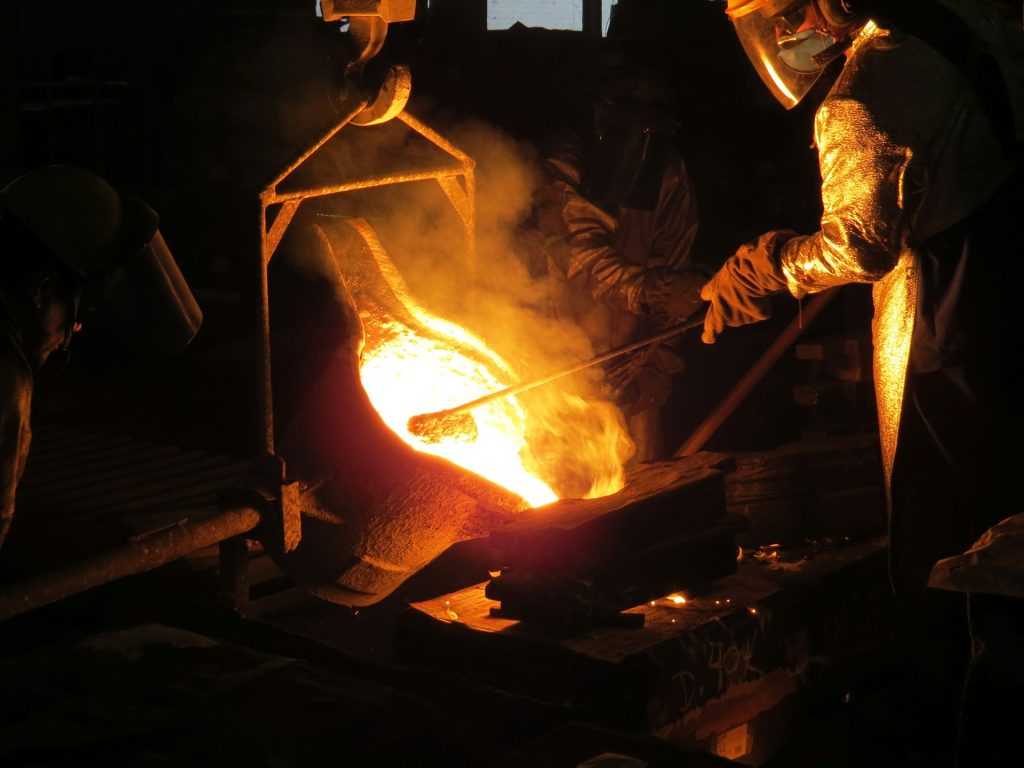
Africa must not view the summit in Anchorage as parochial. A mediated thaw could counteract the inflation woes, supply shocks, and security vacuums that the war has wrought. Leaders and investors across the continent should ramp up diplomatic outreach – whether in Washington, Moscow, or Kyiv – to position themselves for a post-conflict economic reset.
The Trump–Putin meeting is more than symbolic theatre. For Africa’s emerging markets, it could mark the turning point in a crisis whose ripple effects have undercut growth, food security, and stability.
A measured peace – however tentative – may yet unlock a new era of trade, resilience, and cooperation for the world’s fastest-growing region.
